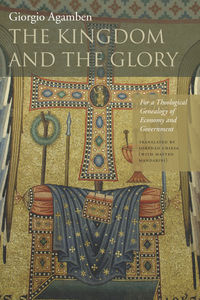Atheism is all the rage today. That is, a kind of rejection- whether a traditional form of atheism, or the Christian rejection of certainty- is catching on. Some in the emerging church circles call for an “epistemological humility,” a theological hedging that tempers a rigid Evangelical orthodoxy. Still others, such as Peter Rollins, turn to more philosophical traditions, such as that of Hegel, which value a “negation.”
Rollins summarizes this kind of Christian A/theism in a number of places, and thus offers a helpful summary in his chapters in Church in the Present Tense. Providing a kind of archeology of modern categories through the thought of philosophers like Kant and Hegel, he states that there is a moment of negation when the ideas and values are denied. In turn then, he says, there comes a moment of double negation- that place when even the denial is denied.
Unfortunately, Peter and his philosophical partner Hegel are about 1700 years late. The desert monks spoke of a similar path, just without the seeming circularity of modern critiques of metaphysics.

This week’s lectionary reminds us that power comes and goes. Today the church is tempted to resent its lack of influence, but Mark’s story of Jesus and the words of Paul remind us that even spiritual power has its limits….
Beiner suggests that I want a politics, and by politics he seems to mean what the state does, that is at the service of Christianity. As someone deeply influenced by John Howard Yoder’s critique of Constantinianism, that is precisely what I do not want. Of course I should like Christians to be free to try and convince their non-Christian neighbors that war is a bad idea, but….
By the time preachers in America address their congregations this Sunday, the nation’s Supreme Court will have ruled on the health insurance reform act passed by Congress and signed into law by President Obama in March of 2010. The coincidence of this much-anticipated ruling and a quirky Jesus healing story is irresistible!

